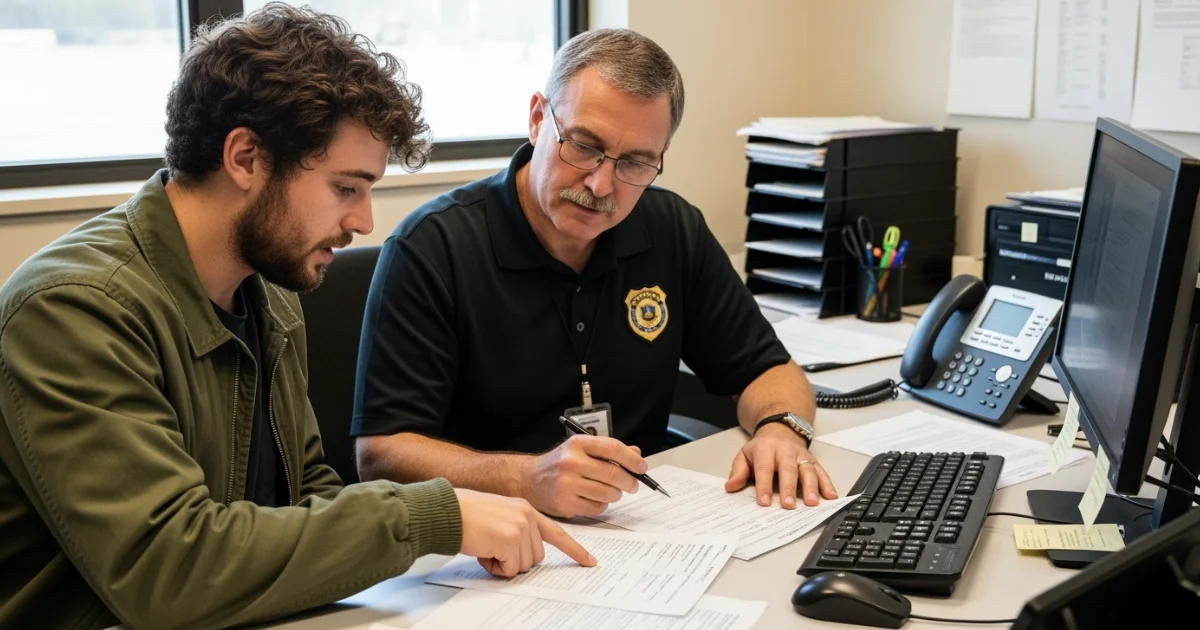Inspector

Inspectors should be great at:
- Estimating sizes, distances, and quantities; or determining time, costs, resources, or materials needed to perform a work activity.
- Observing, receiving, and otherwise obtaining information from all relevant sources.
- Identifying information by categorizing, estimating, recognizing differences or similarities, and detecting changes in circumstances or events.
- Inspecting equipment, structures, or materials to identify the cause of errors or other problems or defects.
Strategist

Most strategists should excel at:
- Establishing long-range objectives and specifying the strategies and actions to achieve them.
- Analyzing information and evaluating results to choose the best solution and solve problems.
- Developing specific goals and plans to prioritize, organize, and accomplish your work.
- Scheduling events, programs, and activities, as well as the work of others.
Other work activities related to Probation officers and correctional treatment specialists
- Writing reports describing offenders’ progress.
- Informing offenders or inmates of requirements of conditional release, such as office visits, restitution payments, or educational and employment stipulations.
- Discussing with offenders how such issues as drug and alcohol abuse and anger management problems might have played roles in their criminal behavior.
- Gathering information about offenders’ backgrounds by talking to offenders, their families and friends, and other people who have relevant information.
- Developing rehabilitation programs for assigned offenders or inmates, establishing rules of conducting, goals, and objectives.
- Developing liaisons and networks with other parole officers, community agencies, correctional institutions, psychiatric facilities, and aftercare agencies for planning for helping offenders with life adjustments.
- Arranging for medical, mental health, or substance abuse treatment services according to individual needs or court orders.







